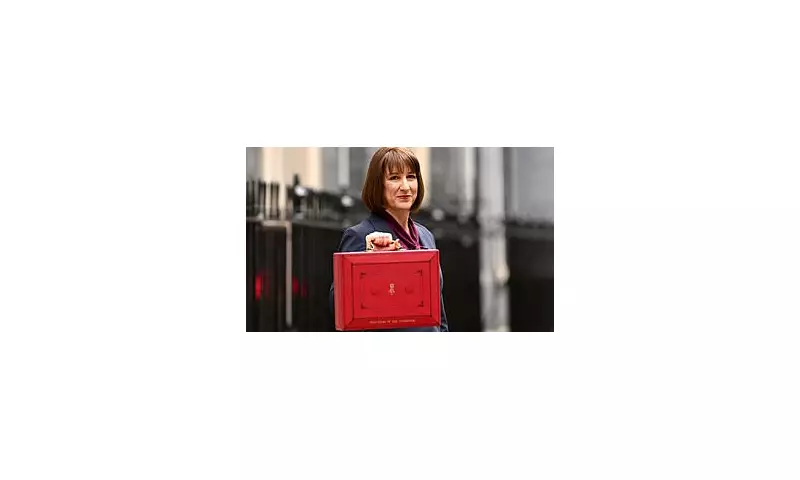
In a significant economic address that sets the stage for Labour's fiscal approach, Shadow Chancellor Rachel Reeves has delivered an unequivocal promise to British taxpayers: a Labour government will not increase income tax rates or National Insurance contributions.
The Iron-Clad Tax Promise
Speaking with conviction that echoed through Westminster, Reeves declared that working people and businesses deserve "certainty and stability" when it comes to their finances. "Let me be unambiguous about this," she stated, "We will not be increasing income tax or National Insurance."
Beyond Tax Pledges: A Broader Economic Vision
While the tax commitment grabbed headlines, Reeves' speech encompassed a much wider economic strategy. She positioned Labour as the party of "economic responsibility and growth," criticising what she described as the Conservative government's failure to stimulate sustainable economic expansion.
The Shadow Chancellor outlined several key pillars of Labour's economic approach:
- Creating the most competitive business environment among G7 nations
- Prioritising long-term investment in British infrastructure
- Reforming planning systems to accelerate economic development
- Ensuring economic stability through fiscal responsibility
A Clear Choice for Voters
Reeves framed the upcoming general election as a fundamental choice between "chaos and crisis under the Conservatives or stability and growth with Labour." Her speech carefully balanced fiscal prudence with ambitious growth targets, aiming to appeal to both traditional Labour supporters and business communities.
The firm stance on taxation represents a strategic move to counter Conservative attacks on Labour's economic credibility while providing clear, measurable commitments to voters concerned about their financial futures.
Context and Implications
This landmark speech comes at a crucial political moment, with a general election expected within the next year. By ruling out specific tax increases so definitively, Reeves has drawn a clear line in the sand and given Labour a concrete pledge to campaign on.
The commitment extends beyond mere political rhetoric, representing what Reeves described as "a binding principle of the next Labour government's economic policy." This positions tax stability as a cornerstone of Labour's offer to the British public.





